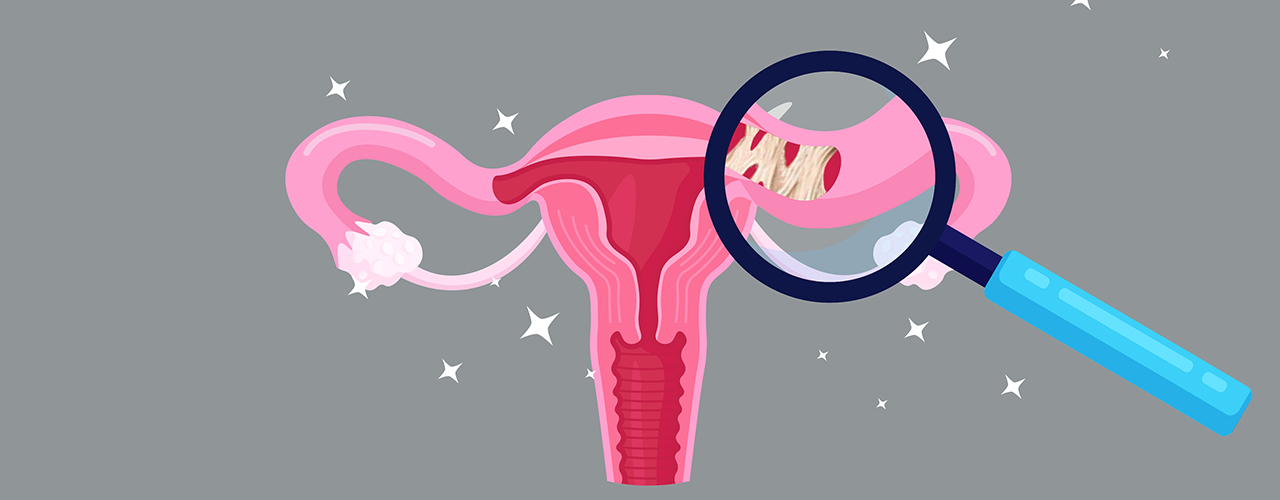Blocked Fallopian Tubes

A female reproductive system consists of many organs to include ovaries, fallopian tubes, vagina, and uterus. Each of these organs plays an important role if a woman has to conceive. If any of these organs has an issue, pregnancy becomes challenging. One such condition that contributes a major part towards infertility is the blocked fallopian tubes.
The fallopian tubes are a pair of long and slender tubes also known as the uterine tubes. The length of each fallopian tube is about 4-5 inches and about 0.2-0.6 inches in diameter. These tubes connect the ovaries to the uterus. They help in the transport of the egg from the ovaries and also help the sperm travel and reach the egg and provide an ideal environment so that fertilization takes place. So, if one or both the tubes get blocked, conception becomes difficult.
What causes blocked fallopian tubes?
Fallopian tubes are generally blocked due to pelvic adhesions or scar tissue. There are a number of factors that can cause blocked tubes, some of these include:
• Endometriosis – Building up endometrial tissue can likely cause blockage. Similarly, adhesions due to endometrial tissue developing on the outer part of other organs can also cause blockage.
• Fibroids – Abnormal growths within the uterus also can cause blocked fallopian tubes.
• Sexually transmitted diseases – STDs such as Gonorrhea and Chlamydia can also lead to scarring that can result in pelvic inflammatory disease which is another cause for blocked fallopian tubes.
In addition to these, there are many causes for blocked fallopian tubes.
Symptoms of blocked fallopian tubes
Blocked fallopian tubes usually cause no symptoms; however, in some cases, they might cause mild-to-moderate pelvic pain associated with heavy periods.
Can blocked tubes be treated?
Thankfully, whatever is the magnitude of blockage, Reproductive Medicine has made tremendous progress and various treatments are now available to unblock or treat the blocked fallopian tubes. There are both natural as well as medical treatments available to treat blocked fallopian tubes.
How are blocked fallopian tubes diagnosed?
Since there are no symptoms associated with blocked fallopian tubes, it is difficult to detect if there is a blockage. It is usually detected by hysterosalpingogram (HSG), a type of x-ray used for examining the interior of the fallopian tubes and detecting any blockages.
Can you conceive after treating blocked fallopian tubes?
Blocked fallopian tubes are one of the causes of infertility; however, timely care and treatment can help you conceive successfully. Laparoscopic surgery is sometimes used to remove any blockage and improve the chance of pregnancy. However, if surgery is not beneficial, you may still opt for IVF to achieve pregnancy.